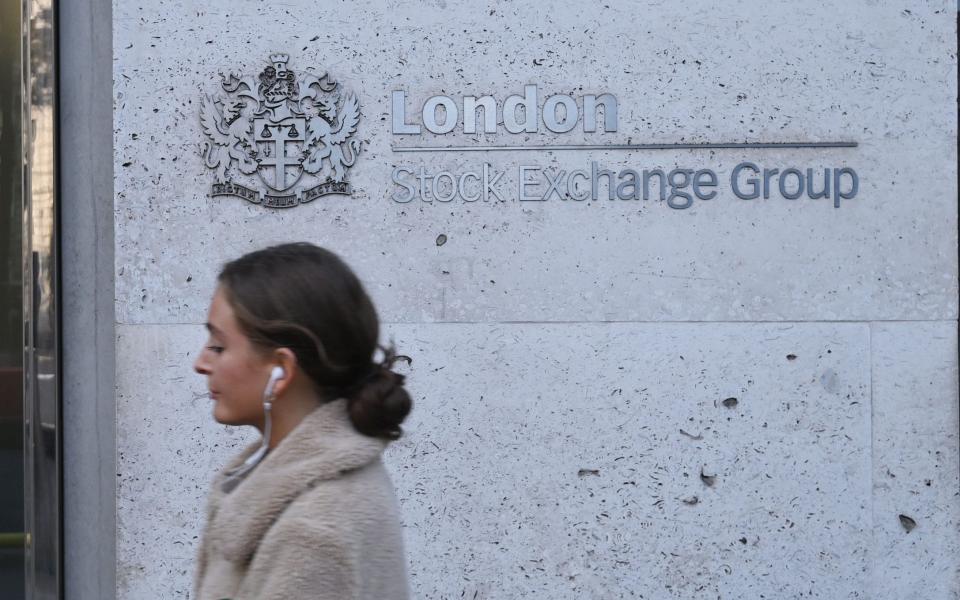This stock proves the FTSE 100 still serves up bargains as it advances to a record high

The FTSE 100’s surge towards a new record high has reignited investor interest in large-cap shares. This follows a prolonged period of investor apathy, when the FTSE 100 index was frequently overlooked due to its seemingly perennial underperformance of other major global indices.
Of course, buying stocks in any index that trades at or near a record high is typically a recipe for disaster. Valuations are often extremely rich, and stocks usually lack wide margins of safety.
However, in Questor’s view, the FTSE 100 currently contains a vast swathe of companies that offer excellent value for money even after their recent share price gains.
For example, packaging specialist DS Smith’s shares have surged 38pc higher over the past four months. Yet they trade on a forward price-to-earnings ratio of just 8.5.
This suggests they have further room to run following an upbeat half-year report that shows the company is making strong progress in a tough economic environment.
Notably, its operating margin increased by 1.5 percentage points year-on-year to reach 9.7pc. When combined with a 26pc rise in revenue, this meant that its earnings per share rose by 49pc at a time when many companies were struggling to generate any profit growth at all.
DS Smith was able to more than fully offset higher input costs and lower sales volumes through raising prices and selling a greater proportion of higher margin products.
Its ability to pass higher costs on to customers is likely to continue to prove useful since inflation remains significantly above the Bank of England’s 2pc target.
The company was also able to increase its market share in the first half of the year. This will improve its long-term growth prospects and allow it to take advantage of an eventual upturn in operating conditions.
And with the business raising full-year guidance following its strong first-half performance, it would be unsurprising for investor sentiment to further improve while its shares trade on a very attractive valuation.
Rising profitability meant that the company was able to increase its interim dividend per share by 25pc. It currently trades on a rather modest historical yield of 4.2pc but with dividends growing at a fast pace and being covered twice by net profit, the stock offers significant income investing appeal during an era of stagflation.
Of course, a slowing global economy could act as a drag on DS Smith’s profitability over the short run. However, in this column’s view, factors such as China’s reopening following the end of its zero-Covid policy and a more dovish US monetary policy are set to stimulate global growth.
And with a net debt-to-equity ratio of 26pc and net interest cover of 10 in the first half of the year, the company is well placed to overcome short-term economic headwinds to capitalise on a long-term recovery.
Structural changes taking place across a wide range of industries are central to its growth prospects.
For example, its paper-based packaging is replacing plastic in an era where sustainability trends are becoming increasingly prevalent among businesses and consumers. Similarly, demand for its packaging solutions is set to grow as ecommerce becomes an increasingly important sales channel for retailers.
Since this column first tipped DS Smith in December 2021, its shares have fallen by around 5pc and underperformed the FTSE 100 index by roughly 13 percentage points. While this represents a disappointing result thus far, Questor remains upbeat about the stock’s long-term total return potential.
It is well placed to not only overcome today’s economic challenges via its pricing power and solid financial position, but also capitalise on long-term growth opportunities across a variety of industries.
With a fast-growing dividend and unjustly low valuation, its shares offer significant investment appeal even as the FTSE 100 index continues its advance towards unchartered territory.
Questor says: Buy
Ticker: SMDS
Share price at close: 353.5p
Read the latest Questor column on telegraph.co.uk every Sunday, Tuesday, Wednesday, Thursday and Friday from 6am.
Read Questor’s rules of investment before you follow our tips

 Yahoo Finance
Yahoo Finance 